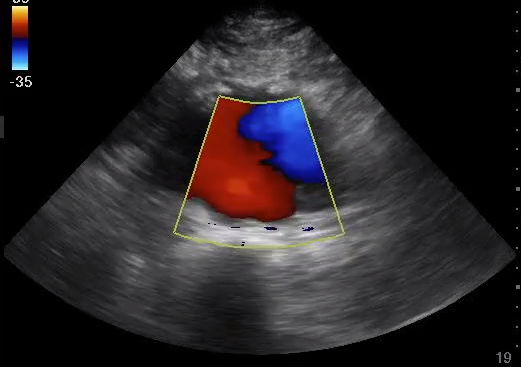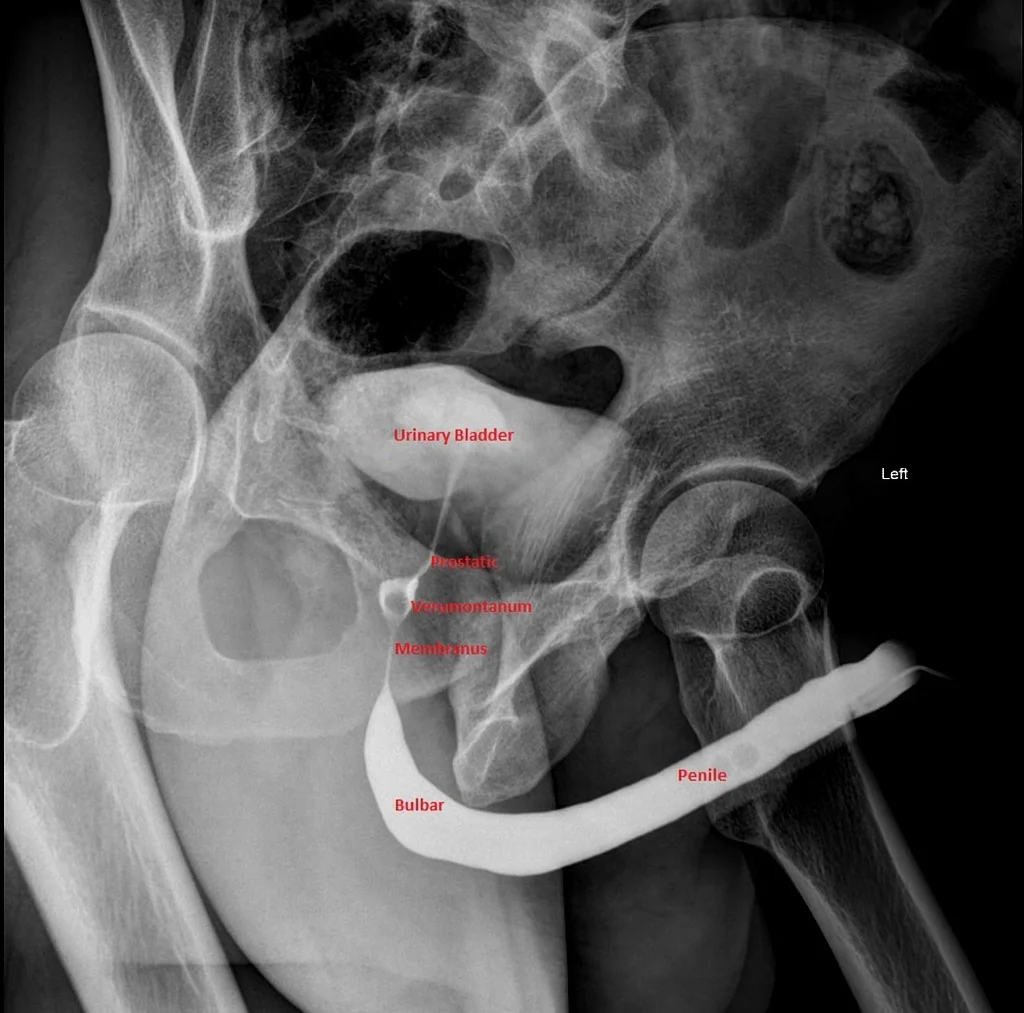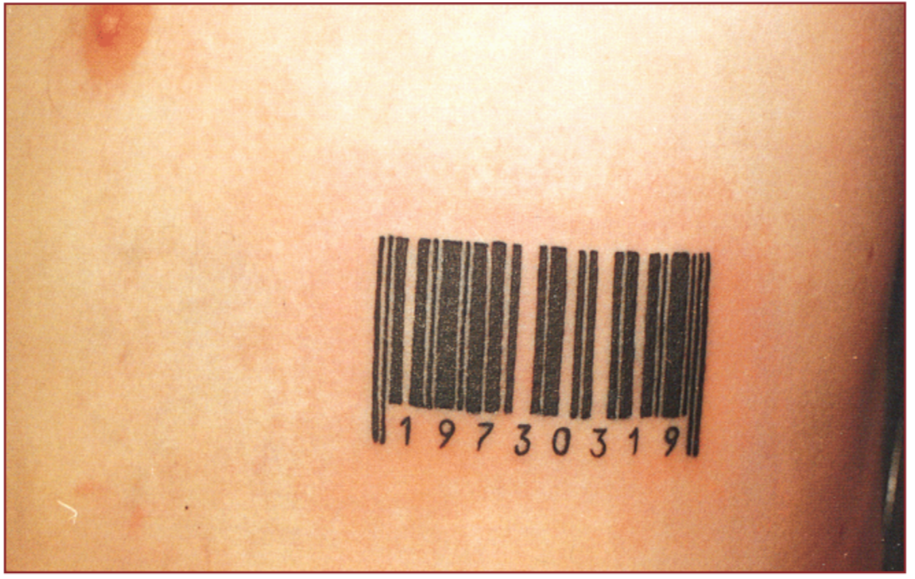Annals of B-Pod: Osmotic Demyelination Syndrome
/It is said that that the relatively high salt content of human serum and cerebrospinal fluid stems from our ancestral ties to the sea, that we carry a bit of the ocean around inside of us as a legacy, an homage to the brave evolutionary progenitor that first crawled out of the water and onto land. Unfortunately, our bodies must work hard to maintain that hypertonicity. Small fluctuations in our serum and CSF sodium content can lead to significant swelling or, more devastatingly, pronounced shrinking. Dr. Frederick’s fabulous article deftly details the clinical entity known as osmotic demyelination syndrome. Soak up the presenting features, clinical management, and dire prognosis of this much feared but rarely seen pathology.
Read More













